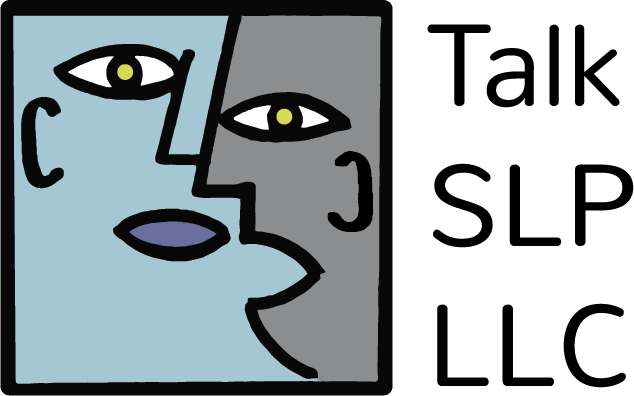Children & Families
As children learn to speak, their ability to be understood by others slowly but steadily increases, with normal and expected ups and downs. Young children may exhibit a big difference between single word and conversational speech intelligibility. Similarly, a child’s intelligibility will understandably be greater for close family members or daily companions compared to an unfamiliar audience. Interestingly, siblings may sometimes be better than parents at understanding what their younger sister or brother is trying to say.
All children will make mistakes when first learning to speak. When such mistakes continue past a certain age, a child may be diagnosed with a speech sound disorder. Children with speech-sound disorders are often significantly less intelligible than non-speech-impaired children of the same age. This unintelligibility can create problems in many aspects of life: socially, emotionally, and academically.
The range of normal language development is broad, but there are general expectations for the order and pace in which skills develop. If language development is occurring in the correct order, but more slowly than expected for your child’s age, you might be concerned about a language delay.
According to the Nemours Foundation, common signs of language delay can be identified by your child’s age:
A typical 2-year-old should:
- speak in two-word phrases, like “more juice” and “go bye-bye”
- follow two-step commands
- name simple objects
- have a vocabulary of 50 or more words
- be understood at least 50% of the time by a parent
Between 2 and 3 years, vocabulary continues to build and comprehension also increases.
By 3 years of age, a child should:
- speak in three-word sentences
- have a vocabulary of 200 words or more (basically, more than you can count)
- be understood 75% of the time
- understand prepositions (such as, “put it on the table” or “put it under the bed”)
- use pronouns (“me,” “you,” “it”)
Very young children may experience problems with orofacial myofunctional disorders including tongue thrust, digit sucking, swallowing disorders, or oral-motor disorders. Older children may experience difficulties such as stuttering or expressive or written language delays.
Listening comprehension delays will make it difficult for your child to understand what others are saying. Common forms of listening comprehension challenges include auditory processing disorders, attention-deficit hyperactivity disorder (ADHD), social communication disorder, and dyslexia.
Your child may have a listening comprehension delay if they exhibit the following behaviors (from Understood.org):
- Has trouble following spoken directions, especially if they’re more than one step
- Often asks speakers to repeat what they’ve said
- Is easily distracted, especially by background noise or loud and sudden noises
- Has trouble with reading and spelling, which involve understanding sounds
- Has difficulty with oral (word) math problems
- Has trouble following conversations;
- Has poor musical ability
- Has difficulty learning songs or nursery rhymes
- Has trouble remembering details of what was read or heard
Some children will simply outgrow a minor language difficulty on their own; for others, however, the services of a qualified speech-language pathologist are needed to help develop correct and healthy speech sounds and/or language skills and improve the child’s quality of life. TALK SLP can help!
Help is available!
Laura Smith, licensed speech-language pathologist and certified orofacial myologist, is specially trained to assist children and adults in overcoming their communication challenges. Her holistic approach takes into account the person as well as the problem.
Telepractice appointments are available, where clients can receive consultation and therapy services using online tools. In-person appointments upon request.
Contact us for more information or to make an appointment.
